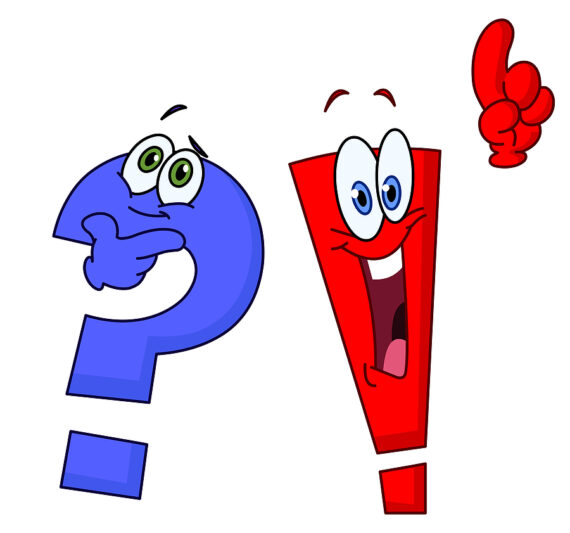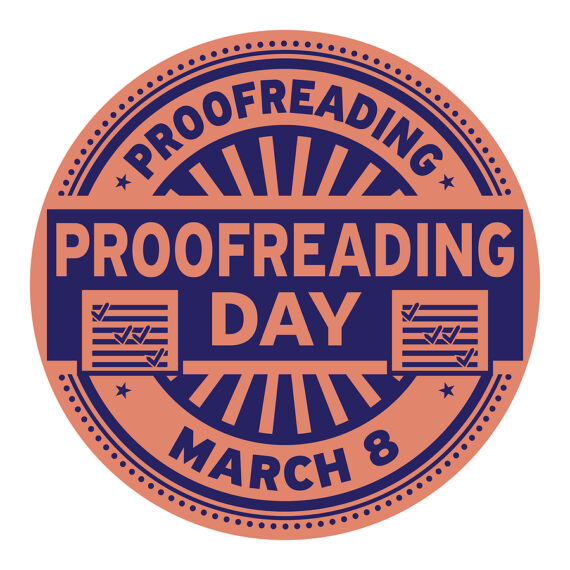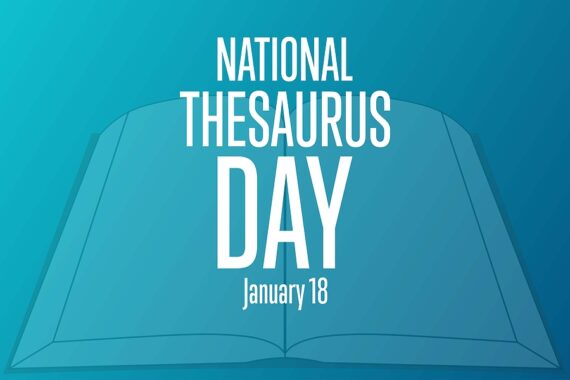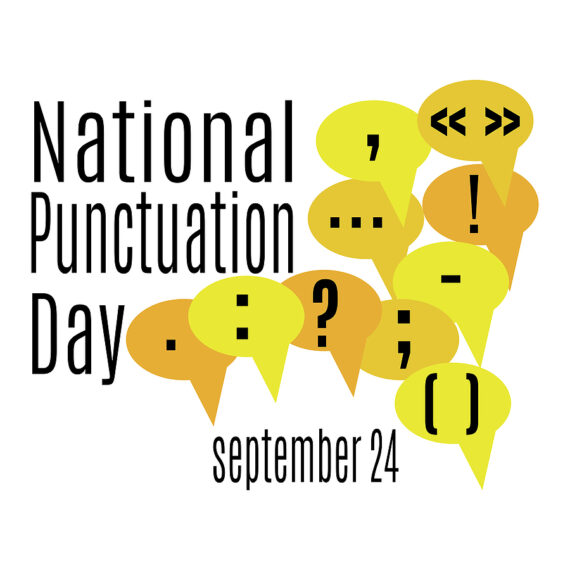The English got their alphabet when Christian monks arrived in the 6th century CE with their Latin alphabet to replace the native runes. Near the end of the 9th century CE, Charlemagne—king of the Franks and Holy Roman emperor—ordered a monk named Alcuin to devise a unified alphabet of letters […]
Language
Dictionary Day was October 16th and celebrates the birthday of Noah Webster, considered to be the father of the American dictionary. The Meriam-Webster website says this day celebrates language, emphasizes the importance of learning, and encourages readers to use the dictionary to improve vocabulary. The word “dictionary” was invented by […]
Punctuation Day is celebrated every year on September 24th. Punctuation hasn’t changed much since 1500 (except for the introduction of computers). With the publication of the Guttenberg bible, printing had arrived and required standardized punctuation. Within 50 years that was achieved. […]
(I’m posting this now because Thursday September 8th is also International Literacy Day. National Ampersand Day is celebrated on September 8th every year to acknowledge this terrific little symbol. Its creation has been attributed to individuals from Roman orator Cicero’s secretary Tiro to 19th century French physicist and mathematician Andre-Marie […]
National Proofreading Day is celebrated every year on March 8th. That date was chosen by its founder Judy Beaver in 2011 because it is also the date of her mother’s birthday, and her mother loved to correct people. The day is intended to encourage you to read and revise your […]
National Grammar Day was first celebrated in 2008 by founder Martha Brockenbrough to promote awareness and understanding of proper grammar. The day’s motto is: “It’s not only a date, it’s an imperative: March forth on March 4 to speak well, write well, and help others do the same!” The way […]
The United Nation’s celebration today fosters multilingualism for inclusion in education and society. International Mother Language Day recognizes that languages and multilingualism can advance inclusion, and their Sustainable Development Goals’ focus on leaving no one behind. UNESCO believes education, based on the first language or mother tongue, must begin from […]
NATIONALL THESAURUS DAY is observed every January 18th to honor the man who put together the first true thesaurus, Peter Mark Roget, a British physician and lexicographer. But what is a thesaurus? A thesaurus is simply a reference work that contains synonyms (and sometimes anonyms) in a dictionary format. The […]
It’s National Punctuation Day! Punctuation is the use of spacing and certain typographical devices as aids to the understanding of reading. The word itself is derived from the Latin punctus, “point,” and the term was first recorded in the middle of the 16th Century. Punctuation hasn’t changed much since 1500 […]
Any language can incorporate foreign words and most have. Simple contact between cultures is all it takes. John McWhorter in The Power of Babel, says “intercultural contact is the very heart of human history, and thus the six thousand human languages are replete with the results of it.” And, he […]










